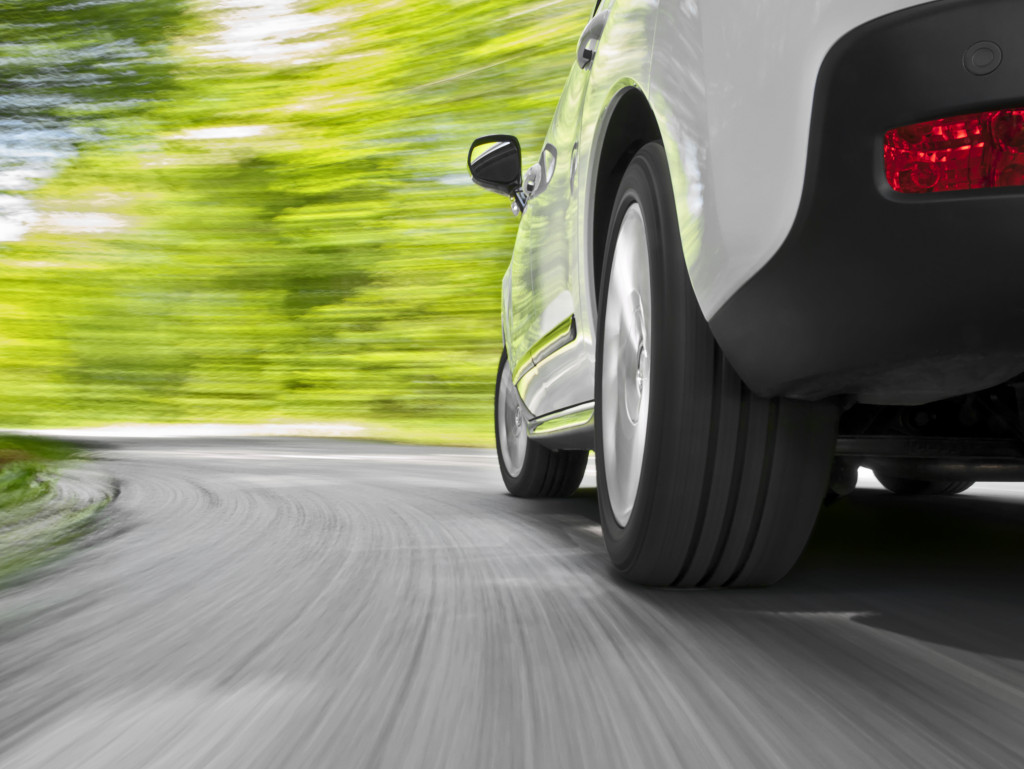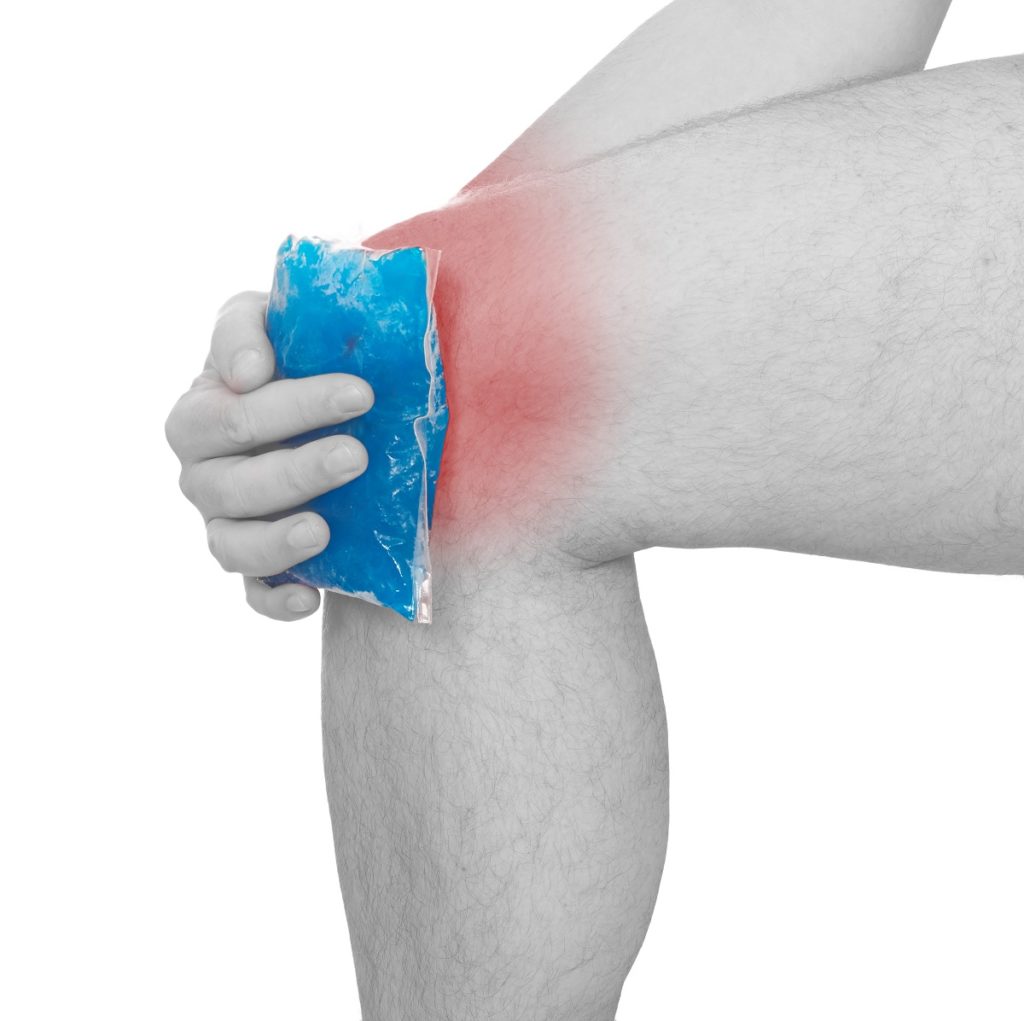Most people only drive their cars to run occasional errands. They do have the option to walk or bike around to reach their destination. But with the convenience cars have to offer, it can be hard to resist the comforts of your vehicle. For others, they are often driving long hours most days since it is literally their job. But when you drive a lot for long hours at a time, this can do damage to your health in the long run.
Drivers are at risk of vehicular accidents on the road. You may be a good driver, likes to keep your car in good condition, and practice defensive driving. But one can never say when accidents can happen.
Aside from the safety risks, drivers face health risks more severe than the occasional neck, shoulder, and back pain and lack of sleep. Driving-related stress can lead to anxiety and depression. High blood pressure, chronic pain, and even blood clots in your legs only add to the long list of potential risks you are putting yourself into for sitting too long when driving.
To avoid these health issues and to ease your pain, it is best to quit the following habits once and for all.
Taking Sun Protection for Granted
Some people are often stuck driving long hours during hot, sunny weather. Constant exposure to the harmful rays of the sun increases the risk of skin damage and even skin cancer. Some drivers are likely to develop skin cancer on their left side of their body since they drive on the car’s left side.
As much as possible, protect yourself from the heat of the sun by applying a broad-spectrum sunscreen every two hours. Make sure it has an SPF higher than 15. Wear sun-safe clothing and accessories for added measure.
As much as possible, keep your windows rolled up during the day. Invest in window film that can block up to 99% of the sun’s harmful UV rays. This will also help protect our car’s interior and reduce glare while you drive.
Skipping Your Daily Dose of Exercise
You might be feeling tired from driving all day. But skipping exercise will only put additional strain on your body. Physical exercise helps you stretch your tight muscles, maintain strength and flexibility, and ease body pain. Find time to do some aerobic exercises for at least 15 minutes each day.
If possible, find a workout buddy to keep yourself motivated to exercise. This can be a friend of yours who takes their regular job in the early mornings or a family member who bikes around in the afternoon. Make it more fun by adding a bit of competition to your friendly workout sessions.
When taking a short break from driving, choose to stretch your body and walk around. This will help wake up your body, loosen up your muscles, and put yourself in a good mood. While you are at it, practice deep breathing exercises.

Indulging in Energy Drinks
Many drivers keep their favorite energy drink to give themselves a boost while driving. Energy drinks help boost your concentration, energy, and alertness. But too much of this can cause you to experience palpitations, nausea and vomiting, and increased blood sugar.
Did you know that each year, there are about 20,000 ER trips caused by energy drink abuse, misuse, or adverse reaction? Some people drink at least three energy drinks each day while others even mix this with alcohol. This can lead to heart problems even if you don’t have a heart issue in the first place.
Drivers with diabetes should take caution when drinking energy drinks since these are often loaded with sugar. It would be best to stick to varieties with low or no sugar. But even healthy individuals can be at risk of developing Type 2 diabetes by drinking sugar-sweetened drinks each day.
Instead of energy drinks, hydrate with water to flush your system. Eat water-rich food such as watermelon, cucumber, broccoli, apples, and oranges. Fruit-infused drinks are also a good choice.
Skimping on Breaks and Quality Rest and Sleep
Some drivers will attempt to reach their destination with minimal breaks and sleep. This is both harmful to your safety and your health. You can end up in an accident if you fall asleep for being too tired.
Make sure you take occasional breaks as needed and stretch for a bit. Eat a healthy breakfast and take healthy snacks and drinks with you on the road. Sleep when you feel sleepy and bring along a few items like a neck pillow, portable fan, mattress, blanket, and a white noise machine to make sleeping more convenient.
Driving can be fun but tiring at the same time. Several factors can lead you to feel tired, in pain, and developing certain health conditions. Aside from maintaining a good posture, keeping up with your physician’s appointments, quitting your vices, the list includes the habits you need to quit now to achieve better health. This way, you can drive with better peace of mind.




